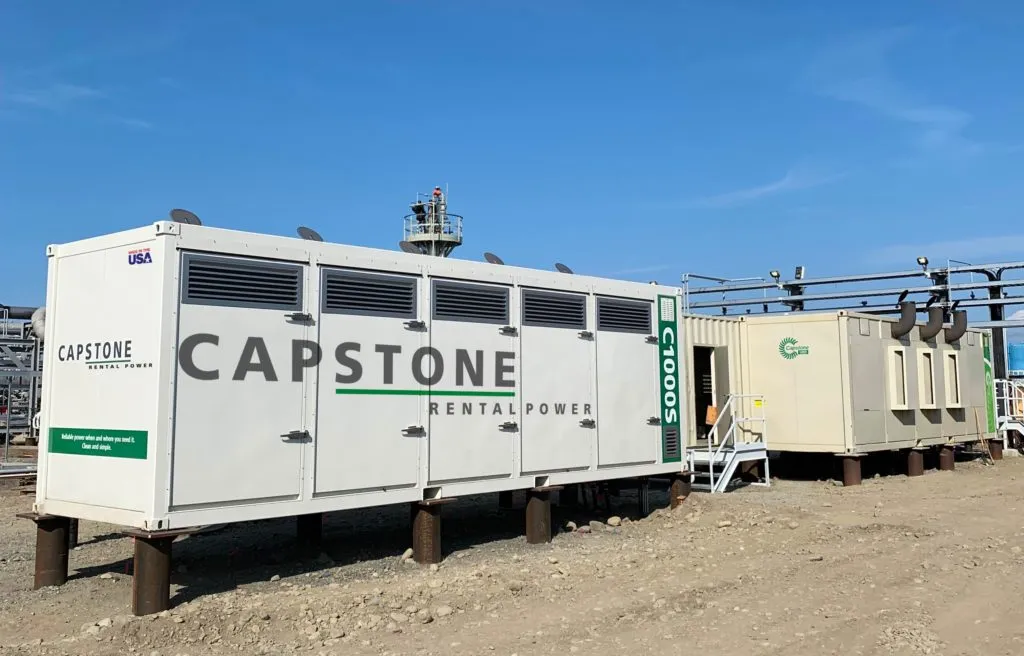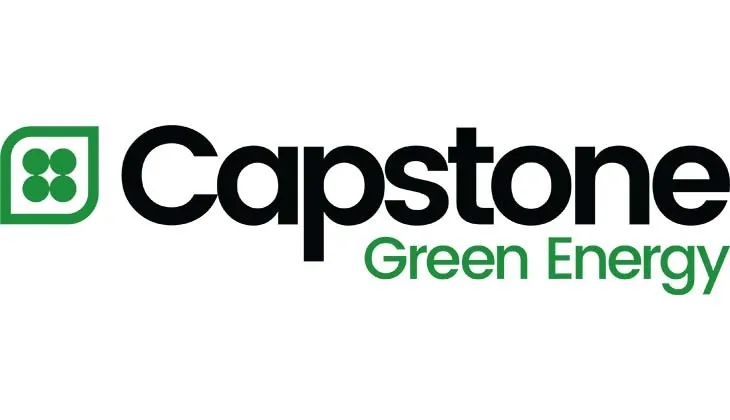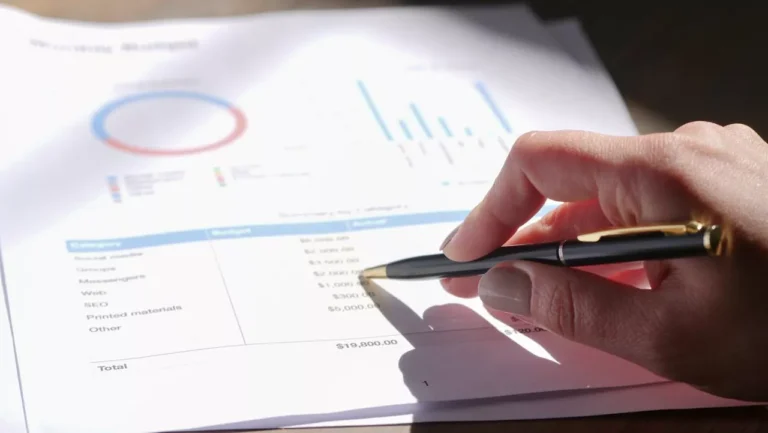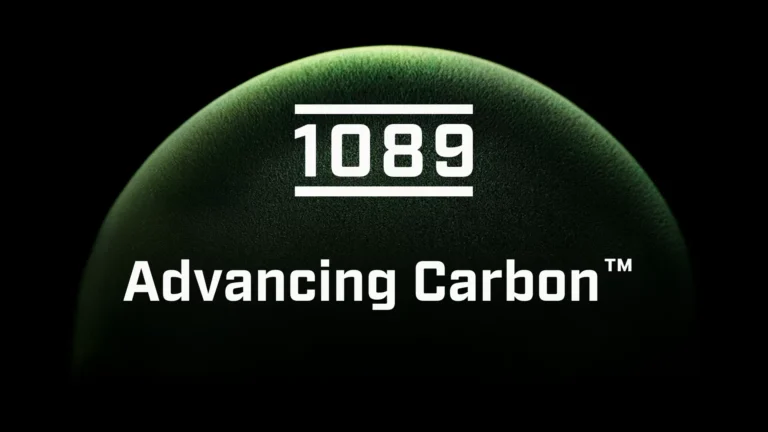
Capstone Green Energy to Boost Renewable Energy at Winona’s Wastewater Treatment Plant with New Microturbine System
Capstone Green Energy Holdings, Inc. and Capstone Green Energy, LLC., are proud to announce a significant step forward in renewable energy for the City of Winona, Minnesota. Vergent Power, Capstone’s trusted distributor for the Upper Midwest, New England, and Eastern Canada, has secured an order to supply two Capstone C65 ICHP (Integrated Combined Heat and Power) microturbines and a Vergent remote monitoring controller for the City of Winona’s wastewater treatment facility. This upgrade is part of an ambitious plan to double the facility’s renewable energy capacity by April 30, 2025, while ensuring the continued cost-effective and sustainable operation of the plant.
For over 15 years, the City of Winona has relied on Capstone’s microturbine technology, which has played a crucial role in powering its wastewater treatment operations. One of Capstone’s existing C65 microturbines has already surpassed an impressive 100,000 hours of operational runtime. This expansion project will replace the aging microturbine, add a second unit, and integrate a Vergent remote monitoring controller. The controller allows Vergent to closely monitor the Capstone Combined Heat and Power (CHP) system, ensuring enhanced energy efficiency and reliability, all while supporting the facility’s broader sustainability goals.
Sustainable Energy from Wastewater Treatment
The Capstone CHP system at the City of Winona’s wastewater treatment plant is designed to use digester gas, a byproduct of the wastewater treatment process, as fuel. This renewable energy solution generates electricity to meet the facility’s needs. The exhaust energy from the microturbines is also harnessed, converted into hot water, and used for the heating loads of the digester process. This integrated approach reduces the plant’s reliance on external energy sources, namely natural gas, and helps maintain a consistent and resilient energy supply.
In addition to enhancing the plant’s energy sustainability, the new CHP system will have a significant impact on reducing the carbon footprint of the facility. The process not only conserves energy but also minimizes the environmental impact associated with traditional energy generation, making it a vital component in the city’s efforts to contribute to a greener future.
The City of Winona’s expansion project also aligns with broader national and regional goals for reducing energy consumption and enhancing environmental sustainability. By using digester gas for energy generation, the plant will be significantly more self-sufficient, while reducing its dependency on non-renewable energy sources. This project will set a benchmark for other municipalities looking to improve the sustainability of their energy systems and make wastewater treatment facilities more energy-efficient.
Financial Assistance Through Federal and Government Programs
A significant driver of the project’s affordability has been the city’s ability to take advantage of federal incentives and government grants. The City of Winona leveraged the federal Investment Tax Credit (ITC) and secured funding through a Department of Energy Industrial Training and Assessment Center Implementation Grant. Together, these funds covered over 90% of the project’s costs, making it a financially viable option for the city and its residents.
This creative use of government-backed financial support underscores the importance of sustainable infrastructure projects and demonstrates how municipalities can leverage available incentives to lower costs and promote cleaner energy initiatives. The combination of federal tax credits and grants allowed the city to make a large-scale investment in renewable energy without imposing a significant financial burden on the local taxpayers.
Brian DeFrang, P.E., Public Works Director and City Engineer for Winona, emphasized the significance of this project in a statement. “The positive experience we’ve had with Capstone microturbines made it an easy decision to expand our system,” said DeFrang. “The new equipment allows us to maximize the use of our digester gas while reducing our reliance on external energy sources. Taking advantage of the tax credit and grant before the programs ended was crucial in making this project affordable for our community. We’re proud to lead by example in demonstrating how wastewater treatment facilities can operate more sustainably and efficiently.”

Capstone’s Commitment to Sustainability
Capstone Green Energy’s President and CEO, Vince Canino, expressed his enthusiasm for the project, highlighting its alignment with the company’s core sustainability values. “We are extremely excited for the City of Winona. Being able to leverage creative financing with government funds supports the intended outcomes of lowering carbon footprints in a very responsible and sustainable way. This project embraces the very idea of sustainability by converting multiple waste streams into a circular recycling continuum, all beginning with the receipt of the community’s wastewater,” Canino said.
He continued, “The City of Winona’s investment in renewable energy aligns with its long-standing dedication to sustainability, ensuring a greener future while minimizing operational costs. We are humbled and grateful for the City’s trust in Capstone and Vergent as they embark on this very pivotal expansion project.”
The City of Winona’s commitment to renewable energy goes beyond just this expansion project. It reflects a broader initiative to make the city more energy-efficient, reduce its carbon emissions, and foster long-term sustainability. With the successful installation of the two new Capstone C65 microturbines, the wastewater treatment plant will become an even greater example of how municipalities can achieve their sustainability goals while enhancing operational efficiency.
The Future of Renewable Energy in Wastewater Treatment
The successful implementation of this Capstone-powered CHP system at Winona’s wastewater treatment plant offers a valuable case study for other cities and municipalities looking to invest in renewable energy solutions for their own public utilities. The combination of clean energy generation, cost savings, and government funding offers a pathway for municipalities to achieve their energy sustainability goals while maintaining cost-effective operations.
As more cities and municipalities look to reduce their environmental impact and operate more sustainably, the Capstone Green Energy system provides a powerful tool for achieving these objectives. By utilizing renewable resources like digester gas, municipalities can enhance energy efficiency, improve their carbon footprint, and provide reliable, self-sustaining energy for essential services like wastewater treatment.
The City of Winona is not only enhancing its wastewater treatment operations, but it is also setting a strong example for other cities to follow. The integration of renewable energy into public infrastructure is crucial for advancing sustainability efforts on a larger scale. With Capstone’s advanced microturbine technology, the city is poised to reap the benefits of clean, reliable energy while serving as a model for other municipalities to emulate.
As renewable energy continues to gain traction across industries, this project signals a promising future where wastewater treatment plants and other public infrastructure facilities can harness clean energy to support their operations, minimize costs, and reduce environmental impact. The City of Winona’s partnership with Capstone Green Energy is a testament to the power of collaboration between government, technology providers, and community leaders in achieving shared sustainability goals.







